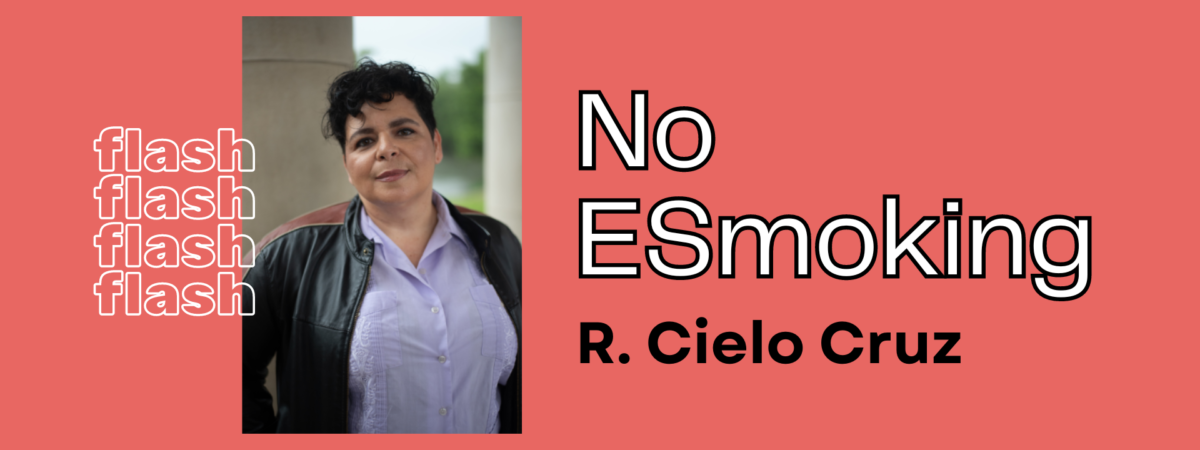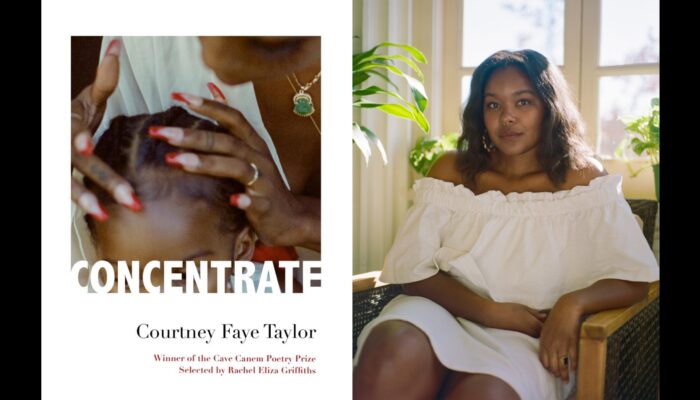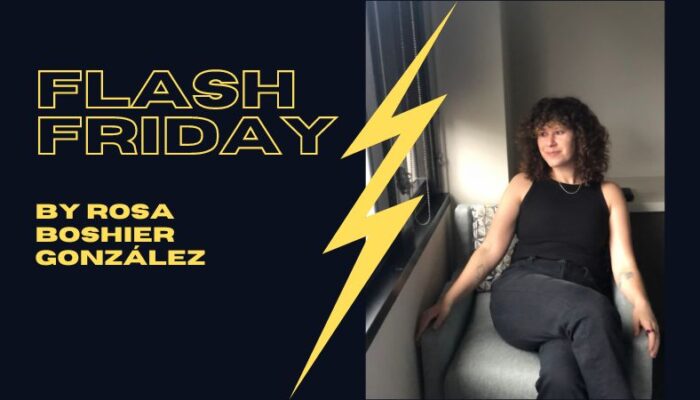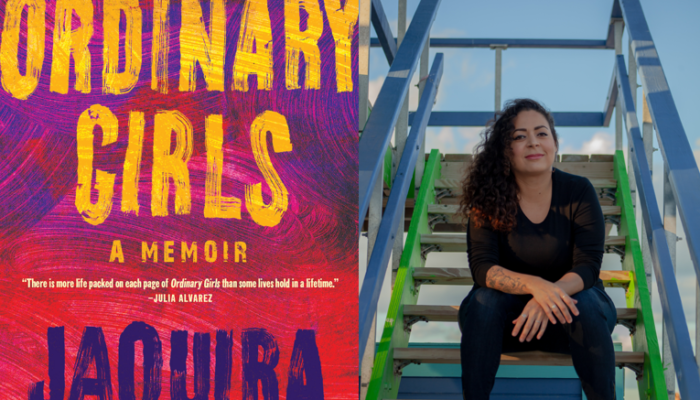Miami, 1987
“We call it pau pau.”
Margarita has already forgotten what we’re talking about, mesmerized by the ocean folding the water into itself. Waves. Spray. Sunset. Our shifts are almost over.
“What?” She wrinkles her forehead, exhaling smoke, and passes the bidi to me.
I take a drag off of her tiny Indian cigarette. They’re even smaller than my Virginia Slims.
I’ve never smoked in front of anyone before. I’m 15 and I just started, so I don’t know if I do it right. Plus, I don’t want anyone to get cancer from my second-hand smoke. The news says it can give little kids cancer if their parents smoke around them. I only smoke outside on breaks here. I’ve been a switchboard operator at my sort-of-boyfriend’s dad’s beach-front hotel for a couple of months. The Castaways is a Hawaiian-themed mid-grade hotel, and, at 3.7 miles from our house, the furthest job my mom has let me have since I started working two years ago.
I smoke Virginia Slims like an elderly Jewish woman because that’s who I steal them from at the hair salon where my mom works. Mami insists I come to the salon on Saturdays when my little brother is with his dad or at Boy Scouts. My friends have long been latchkey kids. But they are Americanitos, not good Cuban girls like I’m supposed to be. This Cuban girl smokes now. I have a dented old yellow candy tin to stash my pilfered ciggies. It’s easy to hide in my big, baggy drawstring plaid pants. The customers are always asking me to go in their purses and get things for them when their nails are wet—money for tips, breath mints, some tiny, moldering phone book where they keep their car service’s number.
I’m all out of Virginia Slims. My mom didn’t work this week. Not since she got the telegram.
Your father died on the 27th—Stop.
Three days prior, but we were just finding out.
My older brother was a shadow in the sparkling, too-bright lobby. “Let’s go,” he said.
“Something happened,” he said, sliding behind the wheel of Mami’s battered Mustang. I was silent, too stunned to ask what. My body idled in the car, quiet. The rest of me raced down Collins Avenue’s sky, across the Intracoastal, then up into the black sky. My mother was on the couch, crying, gasping slow breaths. It must have come hours ago. The yellow paper was still in her hand, half crumpled.
She stayed like that for days.
“We call it pau pau when they hit a kid.” I continue, “Like when parents say, ‘te voy a dar pau pau.’ Doesn’t that sound so cute? Pau pau.” I pass the stub of the cigarette back and watch her take it between her manicured nails. My body tilts forward as if she’s pulling me on an invisible string, coiling me back into her lungs.
“It’s actually pretty weird.” Margarita frowns, flicks ash into the stand.
“Whatever, you’re weird. What do you guys call it? Castigos? Corporal punishment? Like some freaky Greek-o-philes? Or ugh . . . spanking? That’s just nasty.”
“But pau pau makes it sound so innocent.”
“I know. You’re right. Cubans,” I shrug.
When I look at the ocean, I always look all the way to the right. Like maybe if I just stretch my neck far enough, I’ll see them. Abuela, in a black dress, crying. My tías, a heavy, wet cloud around her, sobbing but holding abuela up. The dust of the road to the cemetery kicks up around their ankles. The wooden houses bow behind them, with respect. That’s what I would see, if I were there. It can be like I’m there, if I just look hard enough. If I close my eyes and inhale, I can smell my abuelo, the cigar in his mouth smoked down to a stub. He is pulling my 7-year-old body into his lap as I convulse with sobs. He’s comforting me, the only man I have ever felt safe around. Today, they probably put him in the ground.
I absentmindedly stroke the still tender welts on my hip through my clothes and exhale.
Margarita wrests her gaze from the shoreline and turns to me. I can’t really believe she’s 30 like she says. She’s so short and delicate. I don’t know why, but I just always have the urge to pull her towards me. Like I’m supposed to hold her. It kind of freaks me out. Plus, she’s just really pretty. She has a natural cinnamon earth beauty but she always wears lipstick and Miami’s minimum requisite amount of eyeliner. Mami would approve. She takes the last drag from the bidi and holds it, looking at me straight on, like I’m really here. What a weird thought. Of course I’m here.
Smoke plumes out of her red-painted lips. Her eyes soften. “It’s not cute,” she says. “It’s not innocent. Good people do bad things when they’re hurting, when they hurt so bad they feel out of control.”
She puts a hand on each of my shoulders, as if to push me steadier into the ground. But it is her eyes that keep me on earth. Still, I float.
“Yeah, maybe it isn’t her fault. Maybe she’s the world’s greatest mom, like you say. It doesn’t mean it’s your fault. You don’t deserve this.” The floaty feeling hardens, plummets, sends a chilly needle through my stomach, and suddenly Margarita’s hands are too heavy. I look away, blinking back angry, confused tears.
That night, Margarita offers to let me crash at her place, but reluctantly drops me off at home at my insistence. The thought of sleeping at her house makes my ears burn—I want to. I’ve even dreamed about it. But, no. I hold myself, arms crossed and hands gripping my ribs, the whole car ride. If I didn’t, I would waver away like smoke. It’s as if being near Margarita all night would make me suddenly uncoil like a spring burst loose from its clockwork.
At the door, I turn and look back at the car. Margarita is watching me fumble with my keys, but the door is unlocked. On the gray rectangle of light, where the rest of the carpet is shadow, my 9-year-old brother is eating a bowl of cereal in front of the TV.
“Brush your teeth when you finish that,” I order.
I walk into my mother’s bedroom, the tiny lamp on her nightstand emits a dim, gray-gold cloud. She’s hard asleep, her hair wet and stuck to her face. I want to tuck the soggy, bleached hank behind her ear and kiss her forehead.
But I don’t. Can’t let her smell the smoke.




